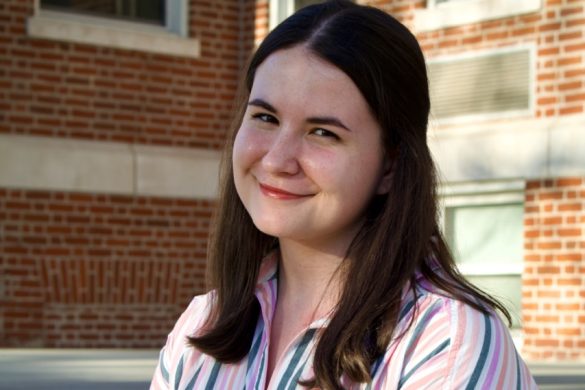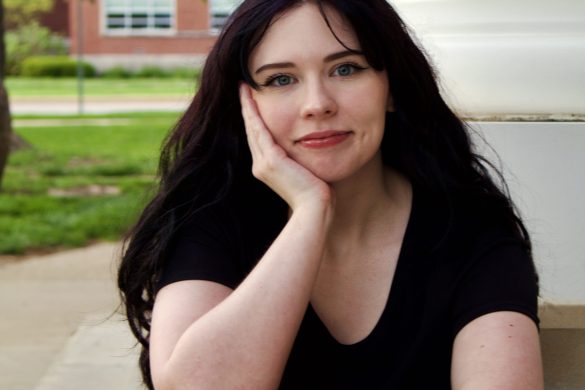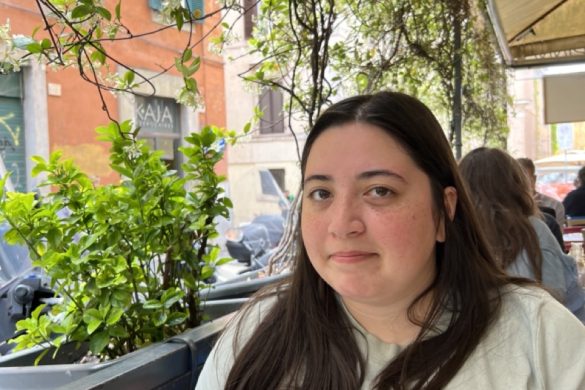
Holidays for many may remain a time for celebration, remembrance, tradition and, most importantly, gathering with family and friends. But as the years have passed, the original or true meanings of those holidays in the larger culture seem to have been buried by sales and flashy decorations. Holidays such as Easter, Memorial Day, Fourth of July and Christmas seem every year to emphasize remembrance, tradition and family gatherings less and less and blatant consumerism more and more.
Holiday spending has increased exponentially in the last two decades, which underscores how intense Americans’ spending culture has become. For instance, according to Statista, holiday retail sales in the United States reached $399.53 billion in 2000 and $957.3 billion in 2023, a whopping 139.607% increase. We spent more than twice as much, and breaking the bank is not what those holidays are about.
Easter, which took place on March 31 this year, is a traditional Christian holiday celebrating the resurrection of Jesus Christ. Christians and non-religious people alike often celebrate the holiday with Easter egg hunts, egg decorating, visits with the Easter Bunny, eating candy and family get-togethers. This holiday also comes with spending—lots of it. According to the National Retail Federation, consumer spending for Easter this year was anticipated to be $22.4 billion, an average of $177 per person. While I am not religious, I find this spending extremely excessive and counter-intuitive to the purpose of Easter—whether that is to honor Jesus or spend time with loved ones or both. Think of the old saying, “Money doesn’t buy you happiness.”
Another holiday that I believe has lost meaning is Memorial Day. Memorial Day, celebrated on the last Monday of May, honors those who died defending the United States. According to the U.S. Embassy, on Memorial Day, many people put American flags on the graves of deceased soldiers and spend time with friends and family. However, something else is associated with Memorial Day—once again, money. Sales, according to McNutt & Partners, have been associated with the holiday since the 1970s and are often considered some of the biggest of the year. I am not alone in my thoughts on this: Writer David B. Grinberg wrote in an opinion article for Medium that the sales following holidays such as Memorial Day are insulting because they take away from the importance of observing the holiday. Why should a holiday honoring fallen soldiers be dedicated to mattress sales? Hundreds of other days could be used for sales, and Memorial Day should not be one of them.
Important holidays such as Christmas have also had their meanings overshadowed by consumerism. I firmly believe that this is indicative of the current culture in the United States. According to The MIT Press Reader, our capitalist economic model depends on never-ending growth and gives citizens an “unquenchable thirst” for new things. I believe this encourages people to feel that what they have is never “enough,” which makes them crave bigger and flashier ways to celebrate holidays. According to PBS, this consumerist culture began after World War II, when people began spending and consumerism was seen as a civic duty. Buying the newest item was seen as living the “good life,” according to PBS. I believe that as a result, people now are so caught up with having the best decorations for Easter, the best pool party for Memorial Day, or even the flashiest presents for Christmas, they often forget why the holidays are celebrated in the first place.Society’s increasing obsession with money and things is draining the power of the holidays to bring people together. Meanwhile, the COVID-19 pandemic that started four years ago has turned us into an even more disconnected society. According to Baylor College of Medicine, the pandemic caused us to miss out on much social development. Our isolation and reliance on technology and virtual communication have contributed to an uptick in hostile social interactions, according to BCM. So focusing on spending time with loved ones is crucial, which is exactly what holidays are supposed to be for. But if we continue to celebrate the holidays as we have been celebrating them, not only will our pockets be empty, so will our hearts.








